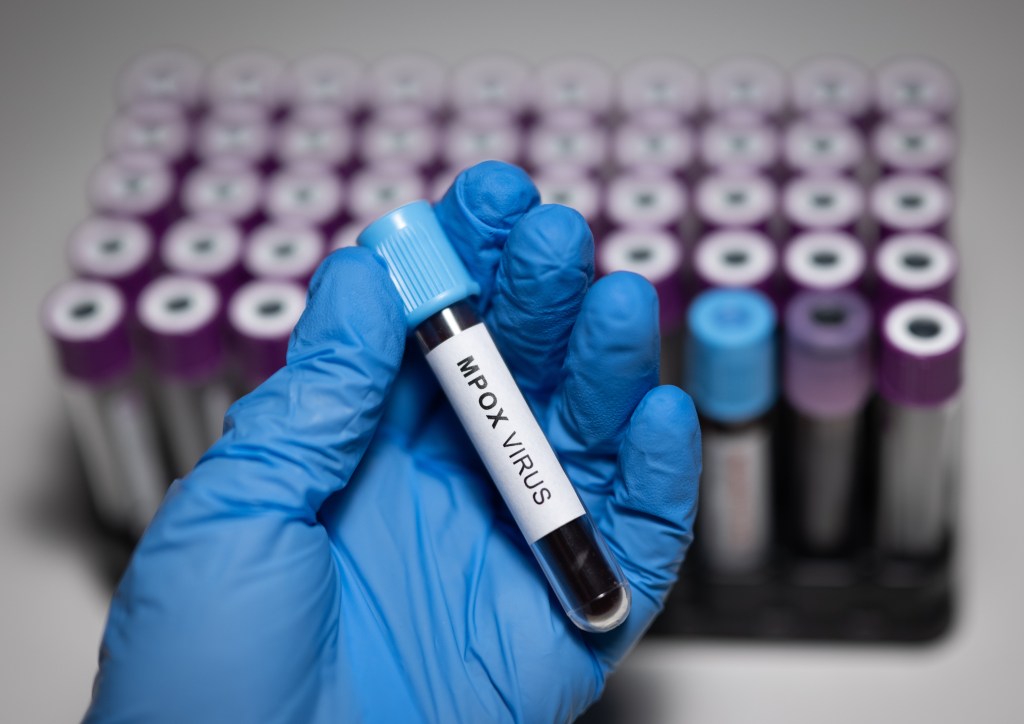Two new cases of more-infectious mpox strain found in UK
Two new cases of a more-infectious strain of mpox have been detected in the UK, health officials have said.
The new cases come after the UK Health Security Agency (UKHSA) announced at the end of last month that a single case of Clade 1b mpox had been detected in the country.
Mpox, formerly known as Monkeypox, was first declared a global health emergency by the World Health Organization (WHO) in July 2022 after the number of cases suddenly increased in Europe and the Americas, particularly affecting gay, bisexual and other men-who-have-sex-with-men.
In August, WHO again declared the disease a world health emergency, after a new strain – Clade 1b – caused cases to surge in Africa, most notably in the Democratic Republic of Congo, Burundi and Uganda.
The Clade 1b strain is associated with a more severe disease and higher mortality rates than Clade 2.

Both new UK patients were household contacts of the original patient and are receiving specialist care at Guy’s and St Thomas’ NHS Foundation Trust, in London.
You may like to watch
Professor Susan Hopkins, the chief medical adviser at UKHSA, said: “The overall risk to the UK population remains low. We are working with partners to make sure all contacts of the cases are identified and contacted, to reduce the risk of further spread.”
When the first UK case of the Clade Ib strain was announced, health secretary Wes Streeting praised the doctors and nurses treating the patient and said the government was “working alongside UKHSA and the NHS to protect the public and prevent transmission”, adding: “This includes securing vaccines and equipping healthcare professionals with the guidance and tools they need to respond to cases safely.
“We are also working with our international partners to support affected countries, to prevent further outbreaks.”
Mpox is a viral infection transmitted through close contact such as sex, touch, talking, or breathing close to another person, and is part of the smallpox family of viruses. Sufferers will often get a rash, along with other symptoms such as high temperature, swollen glands and chills.
The rash can go through several stages, beginning as raised spots that turn into small blisters filled with fluid that will eventually form scabs and fall off.
WHO previously urged gay and bisexual men to remain vigilant and get vaccinated.